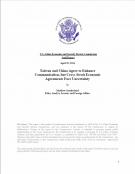Research: Security and Foreign Affairs
Research
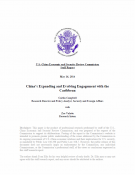
China’s economic, diplomatic, and security relations with Caribbean countries are growing under Chinese President Xi Jinping, who appears to have elevated the region on Beijing’s foreign policy agenda. Economic opportunities and diplomatic concerns – namely competition with Taiwan for diplomatic recognition – drive Beijing’s involvement in the region. There are many opportunities for the United States to benefit from China’s economic engagement in the Caribbean. However, among Caribbean countries, the narrative that the United States has neglected the region while China has embraced it is pervasive. While this message is misleading (current U.S. trade and diplomatic ties with the region are more robust than those of China), its persistence could limit the effectiveness of U.S. policy in the Caribbean.
Research
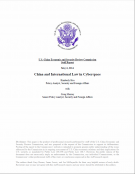
Despite major differences on cyberspace policy between the United States and China, a recent development at the United Nations illustrates basic areas of agreement. The United States and China were among 15 countries affirming the applicability of international law to cyberspace in a 2013 UN report. The same group will gather in 2014 to address some of the more challenging and divisive concepts regarding state responsibility and use of force in cyberspace. Any fractures in the debate at this meeting will likely reflect some of the major differences between the United States and China on cyberspace policy.
Research
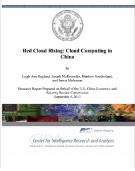
Revised March 22, 2014.
After the publication of this report on September 5, 2013, Microsoft brought to the authors’ attention new information about its partnership with Chinese company 21Vianet. The original version of the report inaccurately characterized certain aspects of the Microsoft-21Vianet partnership. A revised discussion of this partnership is provided on pages 32-34. The authors would like to thank Microsoft for their assistance in clarifying the details of 21Vianet’s Windows Azure service.
Research
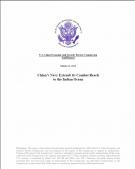
In early 2014, a Chinese surface action group carried out a sophisticated training exercise spanning the South China Sea (SCS), eastern Indian Ocean, and Philippine Sea. The People’s Liberation Army (PLA) Navy used the 23-day deployment to improve operational proficiencies for antisubmarine warfare, air defense, electronic warfare, and expeditionary logistics; train to seize disputed islands and reefs in the SCS; enhance its ability to conduct integrated and multi-disciplinary operations; and demonstrate to the Indo-Pacific region that China’s combat reach now extends to the eastern Indian Ocean.

